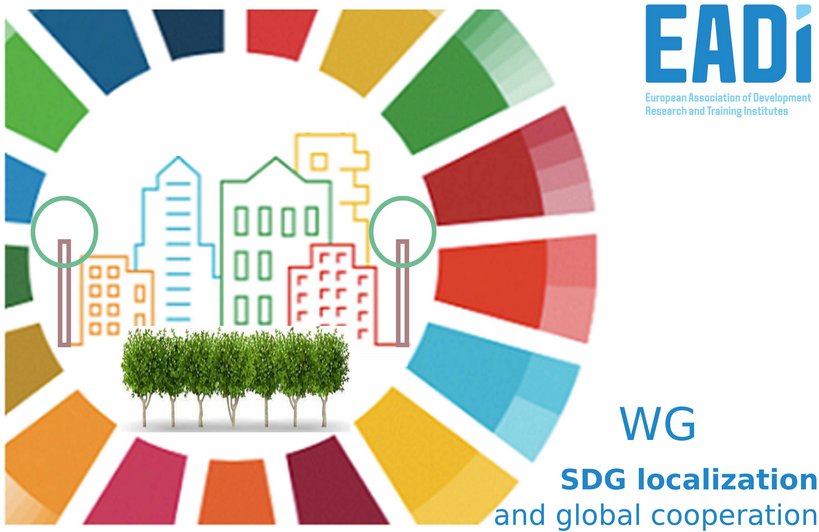SDG localization and global cooperation in theory and practice
Development is place-based, and, for policies to fulfil the SDGs agenda, knowledge, skills and resources delivered on the ground are required. SDG Localization means that local authorities and populations be placed at the center of SDGs policy development, by fostering a sense of ownership of the SDGs at the local level.
The challenge of the SDG localization calls for coordination and coherence of local development policies and the firm commitment of all relevant territorial agents towards the SDGs. These considerations have implications in terms of logics, strategies and means of intervention in local territories and, consequently, also in terms of approaches, methods and instruments with a view to reinterpreting the challenge for the SDG localization in the context of development cooperation. In this sense, the past experience so-called decentralized cooperation shows interesting elements that can be drawn upon to promote a territorial approach development cooperation as a concrete support to SDG localization. Clearly, to achieve sustainable development at local level requires a contextualized approach to SDGs localization in every country, considering the specific process and degree of decentralization in political, administrative and fiscal terms.
Ideally, an advanced process of SDG localization requires coordination and continuous negotiation across multiple levels of government – local, regional, national and supra-national – as well as across spheres and sectors, including states, markets and civil society within each country. This is why SDG localization requires multi-level and multi-stakeholder coordination, in facing the challenges posed by political disintermediation, individualistic disaffection from the community, territorial fragmentation and disarticulation, and environmental problems.
The process of designing and implementing local development strategies to achieve the SDG (the so-called SDG Localization) is critical to the achievement of the 2030 Agenda because two thirds of the 169 SDG targets call for actions at the local level.
This Working Group aims to understand the importance of the prioritization of strategies and practices on SDG localization, to analyze, evaluate and recommend new ways of working towards territorial approaches to sustainable development and development cooperation tailored to the specific local contexts in a comparative perspective.
If you are a PhD student or young researcher interested in SDG localization and international cooperation and would like to join a community of your peers in Europe and the Global South on the topic sign up to the working group.


